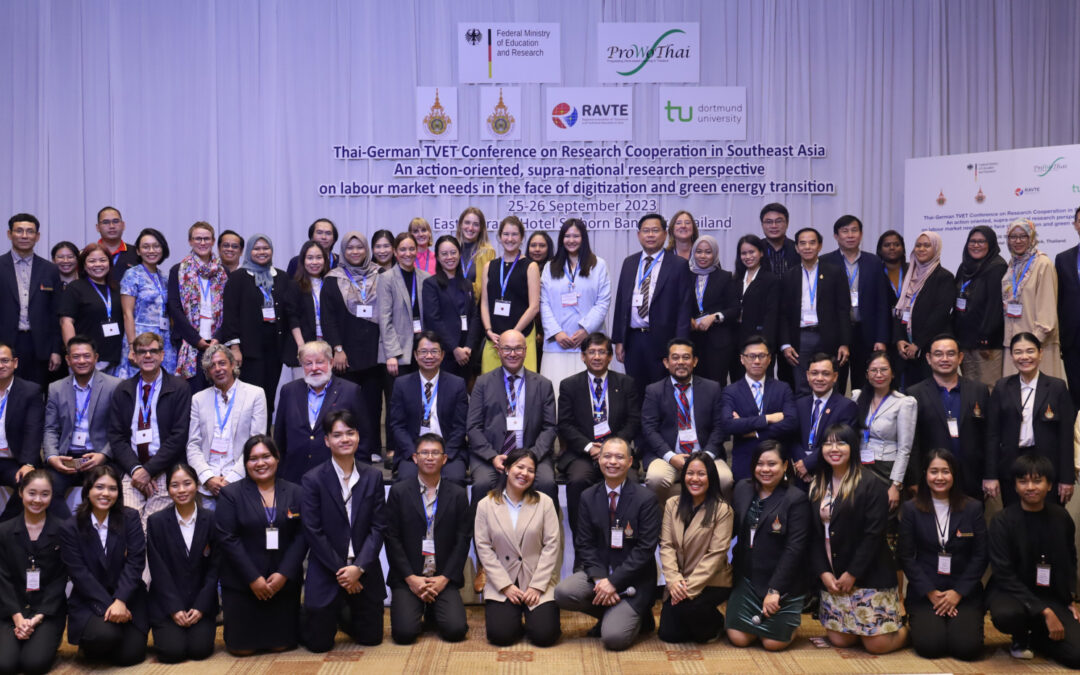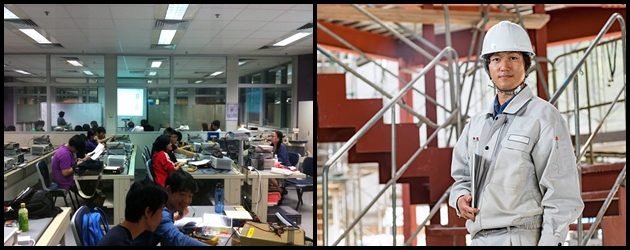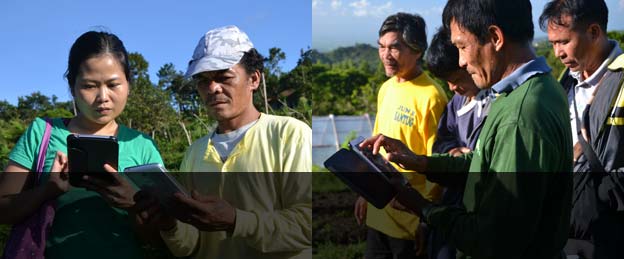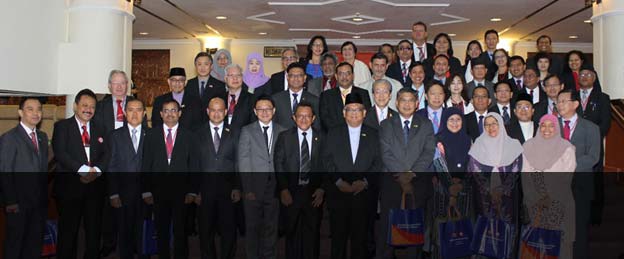The initial and further education and training of TVET teachers and instructors includes vocational didactics, which focuses on specific occupations or occupational groups. Vocational didactics embraces the specifics of work tasks and work processes and their transformation into efficient vocational learning processes. The Hangzhou Declaration of the UNESCO-UNEVOC (2005) recommends a sectoral structure and the introduction of occupational field-specific vocational didactics. The vocational learning processes relate to all three learning fields of TVET, i.e., the vocational school, the practical vocational training center, and the company workplace. In principle, the focus is not only on imparting occupation-related knowledge but also on analyzing typical occupational work processes and tasks. The construction sector is crucial given the United Nations’ sustainability agenda and climate change. A large proportion of global CO² emissions that are responsible for climate change are generated during the production and operation of buildings. The dual transition of digitalization and greening can significantly improve this sector by reducing CO² emissions. Technical innovations are being developed and integrated into the labor market. On the one hand, vocational didactics integrates these developments into the professionalization of TVET in terms of personnel and, on the other hand, supports the transfer of innovations through initial and continuous TVET offers.

Prof. Dr. Dr. h.c.Thomas Schröder
Editor-in-Chief of TVET@Asia Director of Institute of General Education and Vocational Education Chair of International Cooperation in Education and TVET-Systems
TU Dortmund University, Germany
Chair of International Cooperation in Education and TVET-Systems
Germany
thomas-werner.schroeder@tu-dortmund.de
http://www.fk12.tu-dortmund.de/cms/IAEB/de/home/Personen/index.html
EB, Issue 2, Issue 4, Issue 5, Issue 6, Issue 8, Issue 9
Field of expertise/main research projects:
Field of expertise/main research projects Prof. Schröder is the director of the Institute for General Education and Vocational Education at TU Dortmund University. He holds as full professor the Chair of International Cooperation in Education and TVET-Systems. His main research areas are TVET systems, work-based competence development and didactical concepts, the validation of informal and experiential learning, and the development of TVET systems in an international context. Prof. Schröder belongs to the academic tradition of applied action research that seeks to fruitfully combine societal and systemic innovation, capacity building, sustainability and research. From 2011 to 2014, Prof. Schröder worked for the Deutsche Gesellschaft für Internationale Zusammenarbeit GmbH (GIZ) as director of the RCP Secretariat located at Tongji University/Shanghai. He supported its member universities in conducting various reform-oriented research projects, capacity building, and reforms in the field of technical and vocational education. The 14 member universities founded the Regional Association of Vocational and Technical Education in Asia (RAVTE) (http://www.ravte.asia) in March 2014. At present, RAVTE comprises of 27 universities from 10 nations from East- and Southeast Asia, who share a common interest in improving technical and vocational education through action research and capacity building. Prof. Schröder is a member of the RAVTE advisory board and Editor-in-Chief of TVET@Asia. In September 2016, Prof. Schröder was awarded an Honorary Doctoral degree from Rajamangala University of Lanna/Thailand by her Her Royal Highness Princess Maha Chakri Sirindhorn from Thailand.







